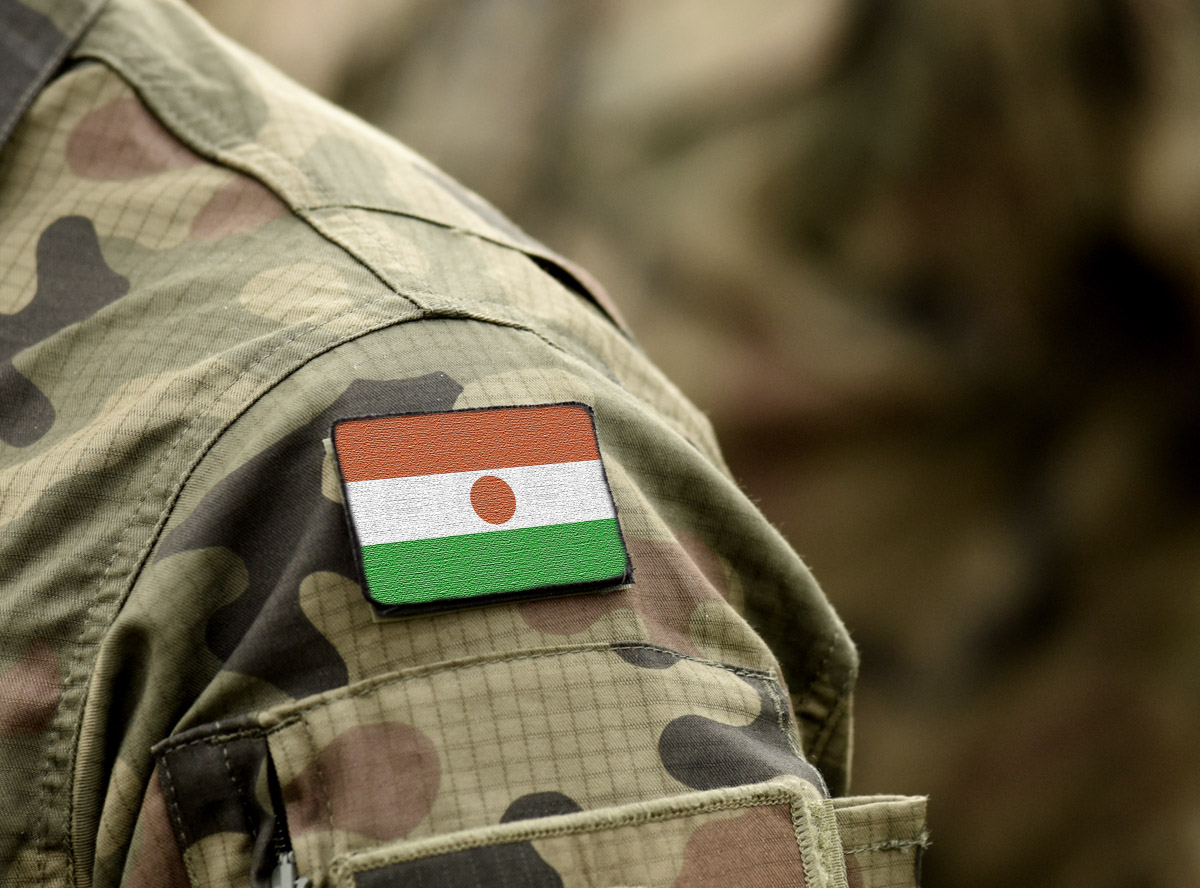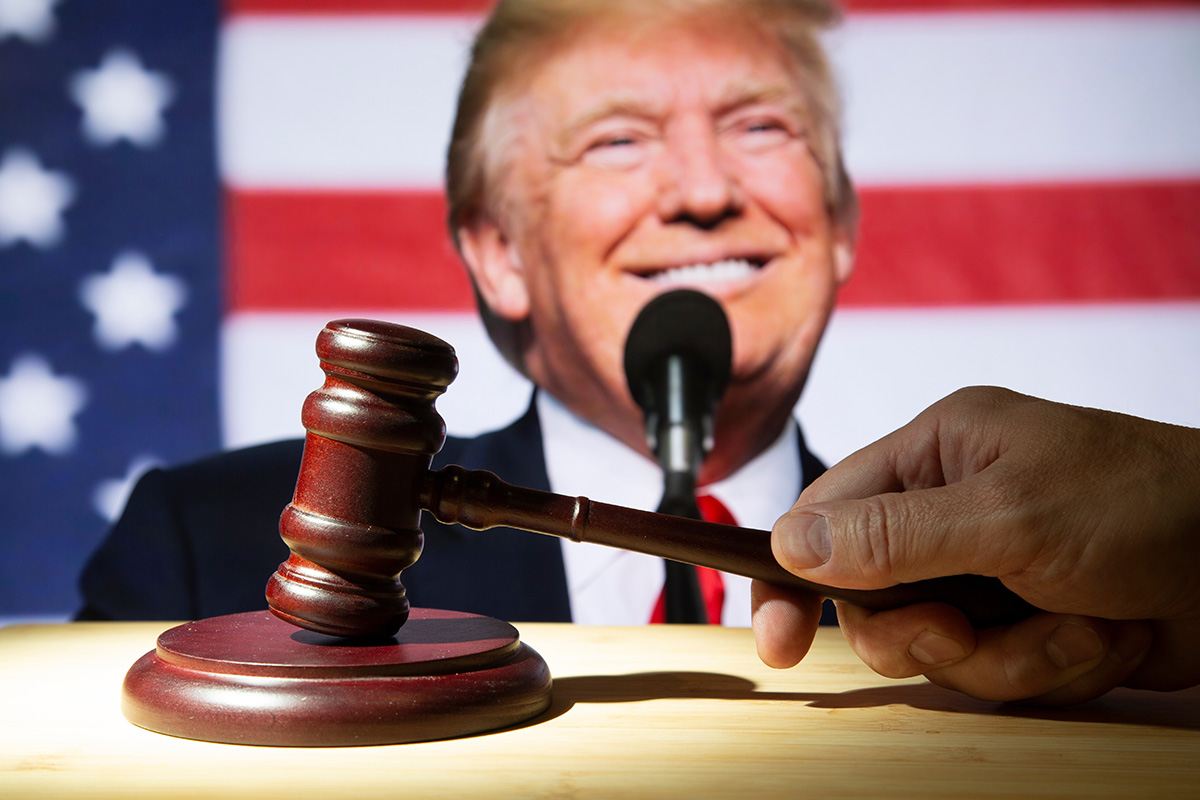Peaceful Restoration of Democracy in the Niger Republic
August 28by Diyaulhaq Bin Usman
The recent coup d’état in the Niger Republic has raised concerns about stability and unity in the region, particularly in relation to its neighboring country, Nigeria.
Historically regarded as brothers in their shared African heritage, the current political turmoil threatens to strain this bond and even spark division and conflict. However, the path forward need not be one of conflict and war. Instead, a strategic and peaceful approach can be taken to address the coup and restore democratic governance, aligning with the collective aspirations of Africans for stability and prosperity.
The close ties between Niger Republic and Nigeria are rooted in a rich history of cultural, economic, and social interactions. Both nations share borders, languages, and ethnic groups, reinforcing their interconnectedness. It is crucial to remember this shared heritage and avoid any actions that may jeopardize the historically harmonious relationship between these two nations.
While the coup in Niger Republic has sparked concerns, the international community, including African leaders, should prioritize diplomatic engagement over aggressive interventions.
Condemnation and isolation are not the only answers; they could exacerbate tensions and breed hostility. Instead, a multilateral effort involving regional organizations like the African Union and the Economic Community of West African States (ECOWAS) can help initiate discussions with the coup leaders, urging them to step down and facilitating a peaceful transition of power.
Open lines of communication between the coup leaders, civil society, and political stakeholders are essential for charting a way forward. Rather than resorting to military interventions, a concerted effort to encourage dialogue can help address the root causes of the coup and identify common ground. Engaging in negotiations that prioritize the interests of the people and the stability of the region can lead to a more peaceful and sustainable solution.
The ultimate goal should be the restoration of democratic governance in Niger Republic. This can be achieved through a well-coordinated roadmap that includes fair elections, transparent institutions, and respect for the rule of law. Regional organizations like ECOWAS can play a vital role in supervising the electoral process to ensure credibility and transparency.
Civil society organizations, the media, and grassroots movements can serve as crucial intermediaries between the government and the people. Empowering these voices can foster a sense of ownership and participation among citizens, creating a stronger foundation for democracy. These groups can advocate for human rights, good governance, and accountability, driving positive change from within the society.
The recent coup in the Niger Republic has posed a challenge to the unity of the African continent and the historically close relationship between Niger and Nigeria. However, it is important to approach this situation with a commitment to dialogue, diplomacy, and peaceful resolution. By engaging the coup leaders, facilitating negotiations, and restoring democratic governance through transparent elections, the nations involved can reaffirm their commitment to stability, unity, and progress. This approach not only aligns with the desires of Africans but also paves the way for a brighter future for both countries and the region as a whole.






